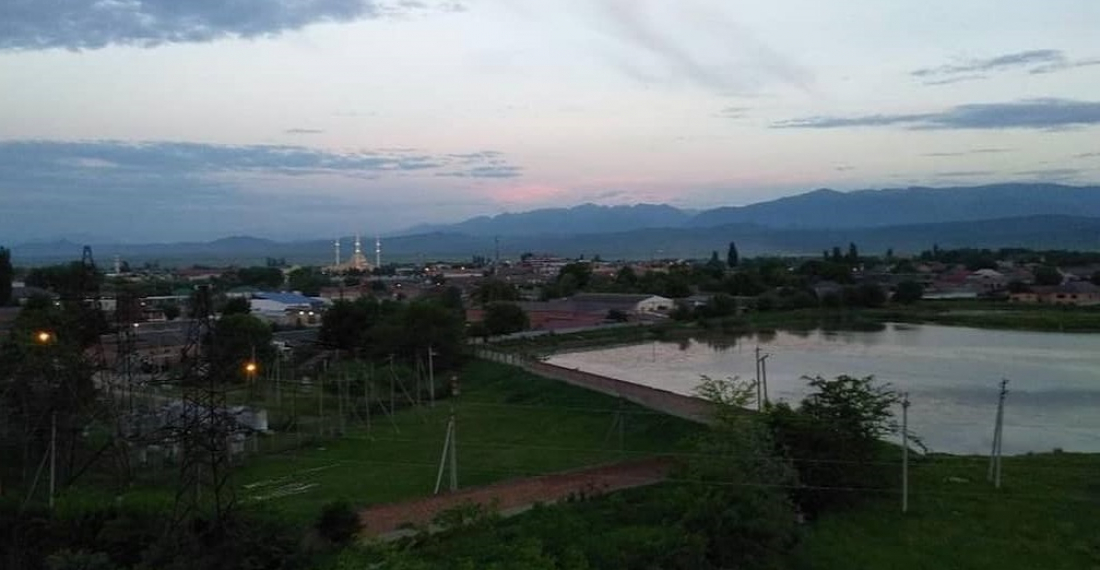Despite the claims by the Russian Federal government, and its allies in Chechnya, that the Islamist insurgency that affected the north Caucasus republic for many years has now been eradicated, reports of incidents continue to emerge suggesting a different picture.
In the latest incident, what the Russian media described as "a member of an illegal armed group" was killed in a special operation in Chechnya’s Achkhoi-Martan district.
The incident was serious enough for it to be confirmed by the Head of the republic himself, Ramazan Kadyrov.
"Today, a member of an illegal armed group, identified as Kazbek Baidulayev, was killed during a successful counter-terrorism special operation in the Achkhoi-Martan district. No casualties were reported among law enforcement officers," Chechen leader Ramzan Kadyrov wrote. "There were no abettors or other militants with him."
Kadyrov praised law enforcement officers for carrying out the operation in a "professional and coordinated" manner.
The deceased was named as Kazbek Baidulayev (born in 1988) who had been put on the wanted list in 2012 for being a member of militant groups in Russia and abroad.
"We are totally in control of the situation in the region; we know how many persons are wanted and have a complete database of their abettors if they have any. The situation in the Chechen Republic is stable and calm. No restrictions were imposed, the movement is free," the head of Chechnya said.
Meanwhile, a law enforcement source told TASS on Tuesday the militant carried an improvised explosive device with him.
"Examination revealed that he had an improvised explosive device and a grenade," the source said.
source: commonspace.eu with TASS (Moscow) and other agencies
photo: Achkoi Maartan general view (archive picture)







